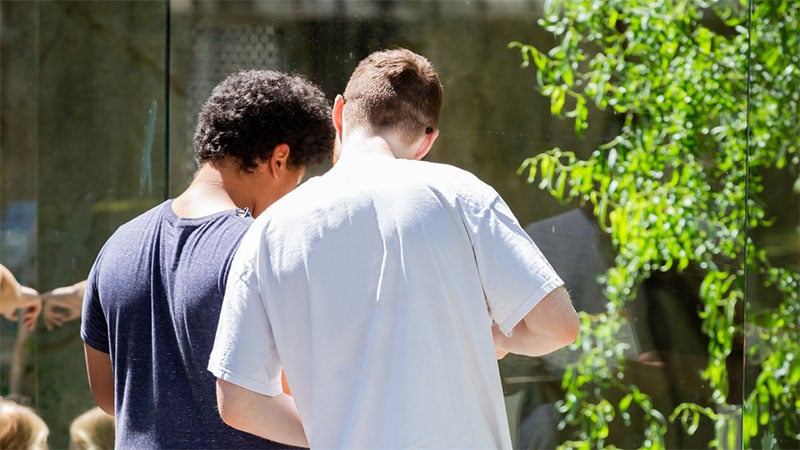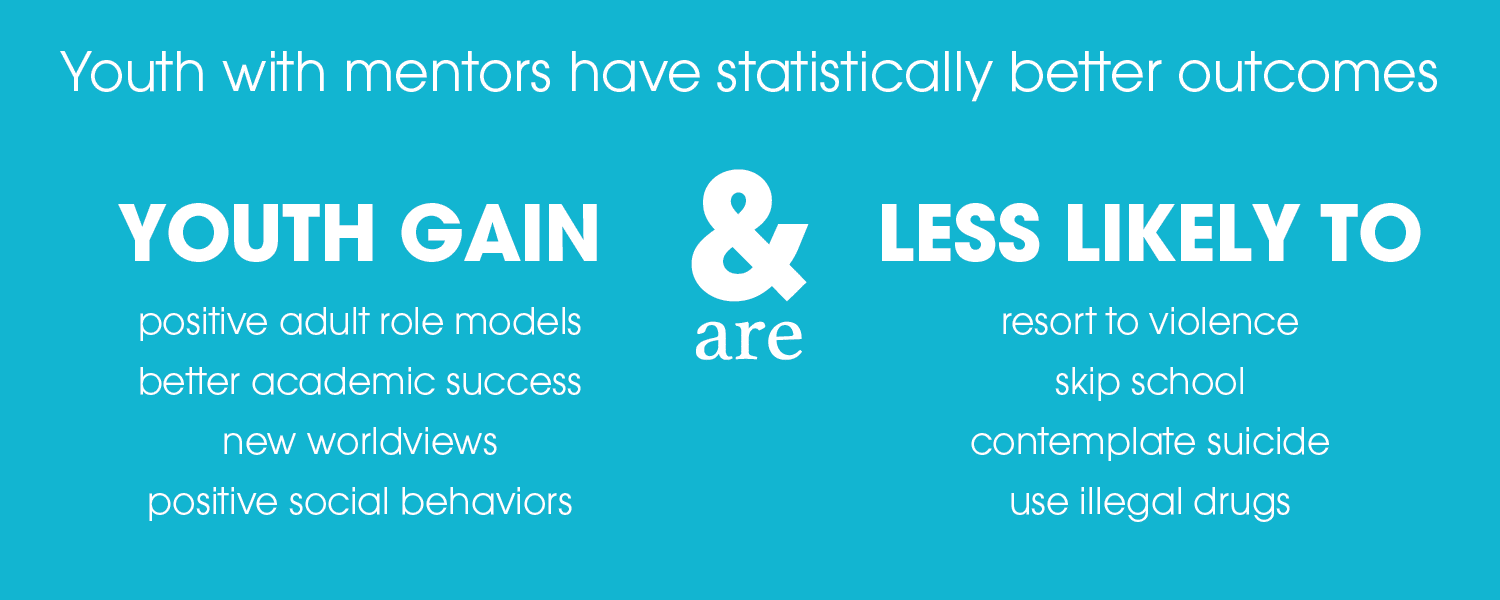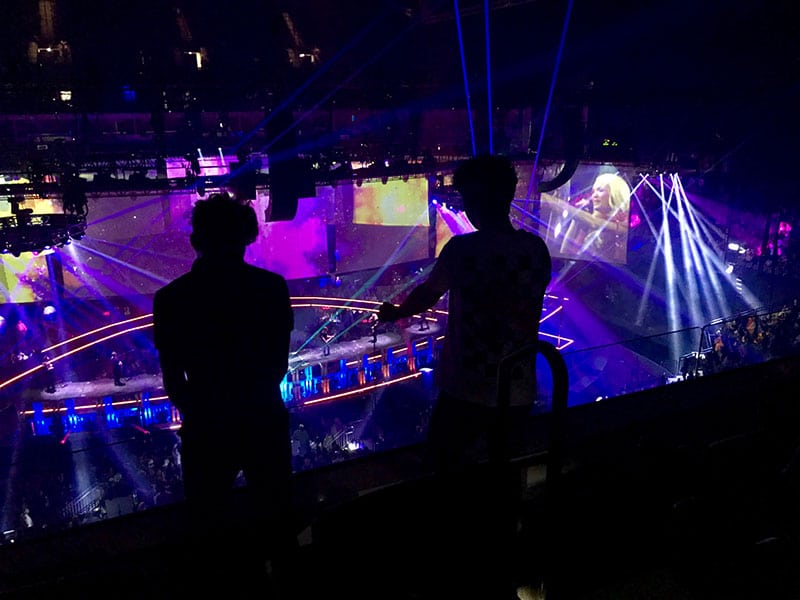our purpose
Children and youth enter foster care, not for what they have done, but because of injustices they’ve suffered – often severe neglect and abuse.
The unfortunate reality is youth can suffer mental and physical effects from the trauma of being removed from their homes as well as from other emotional experiences that may follow. This commonly leads to youth who lack the relational support or life skills necessary for healthy, self-sufficient adulthood.
Foster care is meant to be a temporary solution. Some youth return to their biological families and others may be adopted into new families. Unfortunately, too many linger in foster care, often moving from one home to another, until they become legal adults and exit the system (between 18-21 years old).
While California’s child welfare system provides basic needs, it does not guarantee nurturing and guidance from a committed adult; nor does it provide oversight to those who have transitioned out of foster care.
Without proper support, these youth can face futures ranging from low education attainment to long-term physical, emotional and mental health challenges.
Yet, research reveals that mentored youth improve in behavioral, social, emotional, and academic domains (Centers for Disease Control and Prevention, 2019). To reduce and reverse the dire outcomes facing former foster youth, we put mentoring at the heart of our services.

mentoring
Mentors serve a necessary role in the lives of youth from foster care. Research confirms that a caring, consistent adult can help youth heal from trauma and improve overall resilience. Most importantly, they offer genuine commitment during the turbulent adolescent years.
Here’s where we help – and so can you! We recruit, screen and train volunteers in strength-based, trauma-informed mentoring. We then match youth to a mentor and provide support as they build a one-to-one relationship.

recreation
We believe everyone grows through new experiences.
Youth take the lead in identifying activities they’d like to do with their mentor. Engaging through shared experiences is not only vital for bonding, it also allows both participants to experience positive recreational activities and new worldviews.
Aging UP also organizes Group meetUPs for Matches. During these recreational gatherings, youth enjoy a supportive environment of peers and the opportunity to meet additional adult role models.
Exploring new adventures, either in a one-to-one setting or within a group, allows youth with experience in foster care to discover more of their abilities and to create positive lasting memories.


education
Living in foster care can greatly affect a youth’s readiness for independent living. Instability, heightened emotional experiences, multiple academic placements, and other challenges may leave little room for learning basic skills like laundry, cooking, budgeting, and even personal hygiene, in addition to more robust skills needed for self-sufficiency.
Youth from foster care are often also without financial support to secure a reliable vehicle, living arrangements, college enrollment, or other benefits often available to their non-fostered peers.
To help youth establish self-sufficiency, we work with experts to arrange UPshops – free independent living skills classes. Matches attend these fun, hands-on workshops with topics covering financial literacy, resume and interview skills, college and career preparation, healthy living, cooking, and so much more.
For more information on becoming a mentor, please visit our Mentoring FAQ page.
Interested in becoming a mentor?
Fill out the form below, and we will contact you.